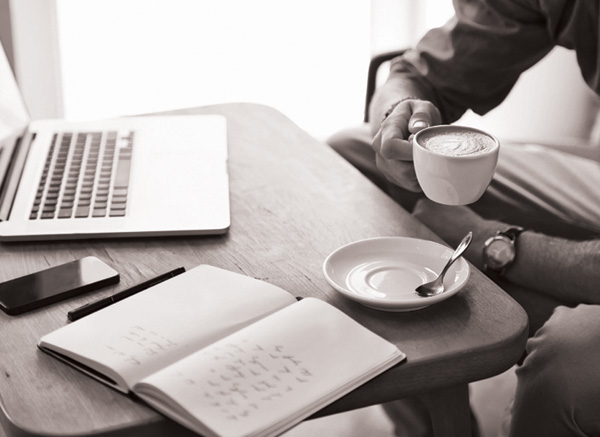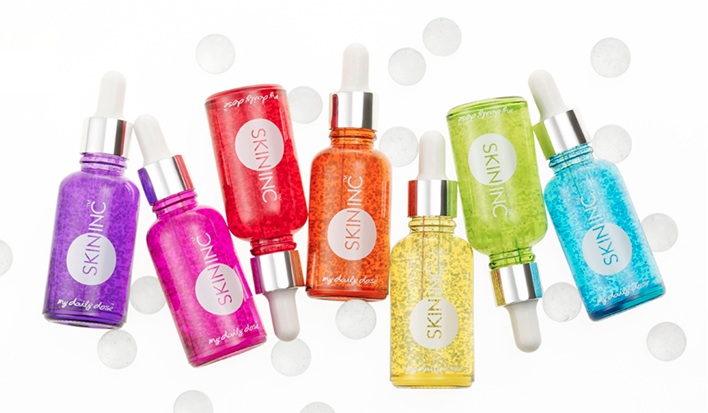by SUNG J. WOO |@sjwoo
Costco is one of my mother’s favorite places in the world. As a child of the Korean War, scarcity has always carried psychological weight for her, and nothing buoys that heaviness like watching a forklift move a heaping pallet of fruit. I can still remember the first time I took her to the Costco warehouse in Ocean, New Jersey, where she was living at the time.
“America,” she’d said, pointing at the colors of the signage outside the building. It was true: COSTCO in red, WAREHOUSE in blue, the letters outlined in white.
And it was America on the inside, too, a muscular exhibition of capitalism. There was so much of everything—mounds of sweatshirts, pillars of pistachio nuts—and goods offered in such enormous sizes. My mother walked up to a display that looked like a fortress constructed of olive oil. Not only was each bottle a gallon in size, they were tied together in twos.
“I do need olive oil,” she said.
“It’ll take you five years to use that up!” I said.
She heaved the glistening duo into her cart.
“Yes, but you never know.”
That was my mother’s motto. She never knew back in 1950, either, when her own mother told her and her siblings to pack up what they could and leave their home like everybody else, because the North Koreans were breaching the lines.
But now, safely ensconced in the northern suburbs of the Garden State, my mother and I roam the wide aisles of Costco in Hackensack. She’s now living near my big sister up in Bergen County, which is great for her, but bad for our shopping. It’s now a 20-minute drive to the nearest Costco, and the store itself is so much busier—and, as we soon learned, not as friendly as our old one.
A few months ago, I was standing in front of a stack of bing cherries that came up to my chest, when my mother came by my side. She pried open the clamshell plastic container and took out a cherry for me to sample. Then she took one for herself.
It wasn’t tart, but it wasn’t candy, either. Not my kind of cherry, but perfect for her; she prefers fruit that’s harder and less ripe, almost vegetable-like. While I was debating whether to shell out 10 bucks for three pounds of semi-sweet cherries, I saw a bald, red-vested man slide into position on the opposite side of the stack. He crossed his arms and leveled a look worthy of a police officer.
“So you think everything is a sample here?”
The cherry pit was still in my mouth, so I pushed it until it sat between my lower lip and my gums.
“Hmmm?” I said.
He slowly made his way around until he stood in front of me.
“A lady came up and told me there were two people here just having their way with the cherries.”
I couldn’t shake the phrase he used: Having their way. I pictured myself and my mother diving into a giant vat of cherries, Scrooge McDuck-style, laughing and frolicking, floating on our backs.
“I’ve been a member of Costco for like 10 years. We’ve been doing this…”
At this moment, I turned to my mother, who was nowhere to be found. While I was being accosted and accused, she’d sneaked away.
“I just had one,” I said.
“You just had one,” the guy said, and when he looked at my face, he must’ve realized that the lady who’d reported us had been exaggerating. Now it was awkward for the both of us.
“Would you rather I just buy it, and then return it if it tasted bad?” I asked.
“We do have a fantastic return policy here,” the warehouse associate said, trying to salvage the situation.
I placed the guilty container of cherries into my basket.
The associate shrugged and walked away. And that was that.
I found my mother two aisles over, amid the bushels of bananas. Her goal always is to find the bunch with the highest number, though in this case, the bananas were being used as cover.
The other thing about my mother is that she’s terrified of authority figures. This most likely goes back to the 18 years of iron-fisted rule by Park Chung-hee, one of the most authoritarian presidents in South Korea’s history. He declared martial law back in the 1970s, and my mother saw it all—innocents thrown in jail, enforced curfews, demonstrators beaten by the police. Now, no matter how many times I tell her that we’re in America, where we’re allowed to make fun of our own POTUS, my mother doesn’t quite believe it.
“Everything’s OK?” she asked quietly, not looking at me, like we were a pair of spies.
“Yes, Mother,” I said. “I don’t believe we’ll be going to jail today.”
___
 Sung J. Woo’s short stories and essays have appeared in the New York Times, McSweeney’s and Hyphen. His debut novel, Everything Asian, won the 2010 Asian Pacific American Librarians Association Youth Literature Award. His second novel, Love Love, is forthcoming from Soft Skull Press in 2015.
Sung J. Woo’s short stories and essays have appeared in the New York Times, McSweeney’s and Hyphen. His debut novel, Everything Asian, won the 2010 Asian Pacific American Librarians Association Youth Literature Award. His second novel, Love Love, is forthcoming from Soft Skull Press in 2015.
This article was published in the December 2014/January 2015 issue of KoreAm. Subscribe today! To purchase a single issue copy of the December/January issue, click the “Buy Now” button below. (U.S. customers only. Expect delivery in 5-7 business days).







